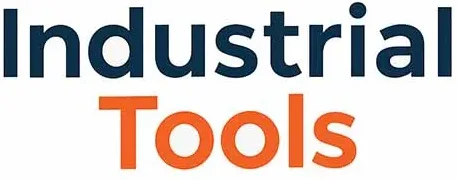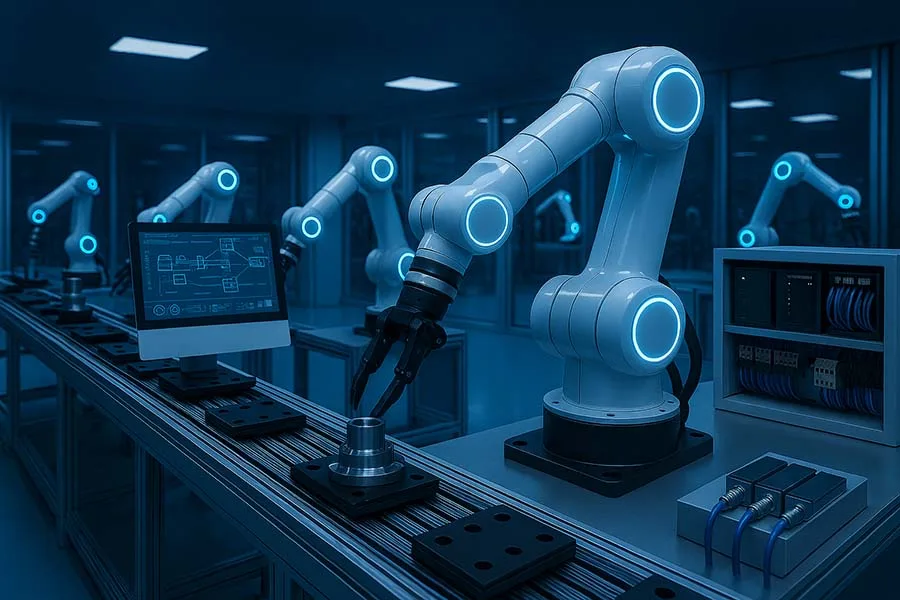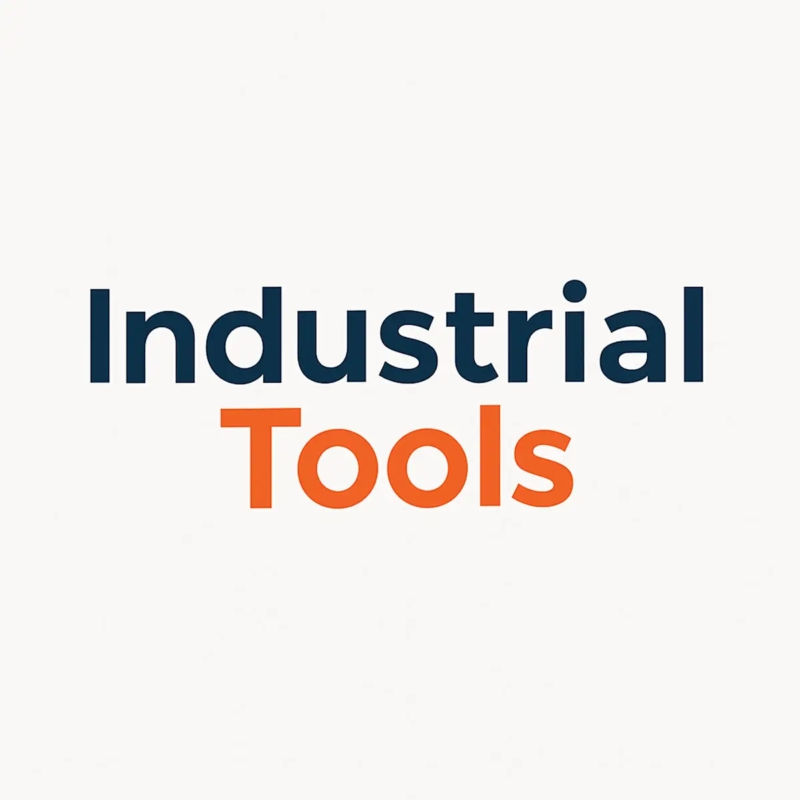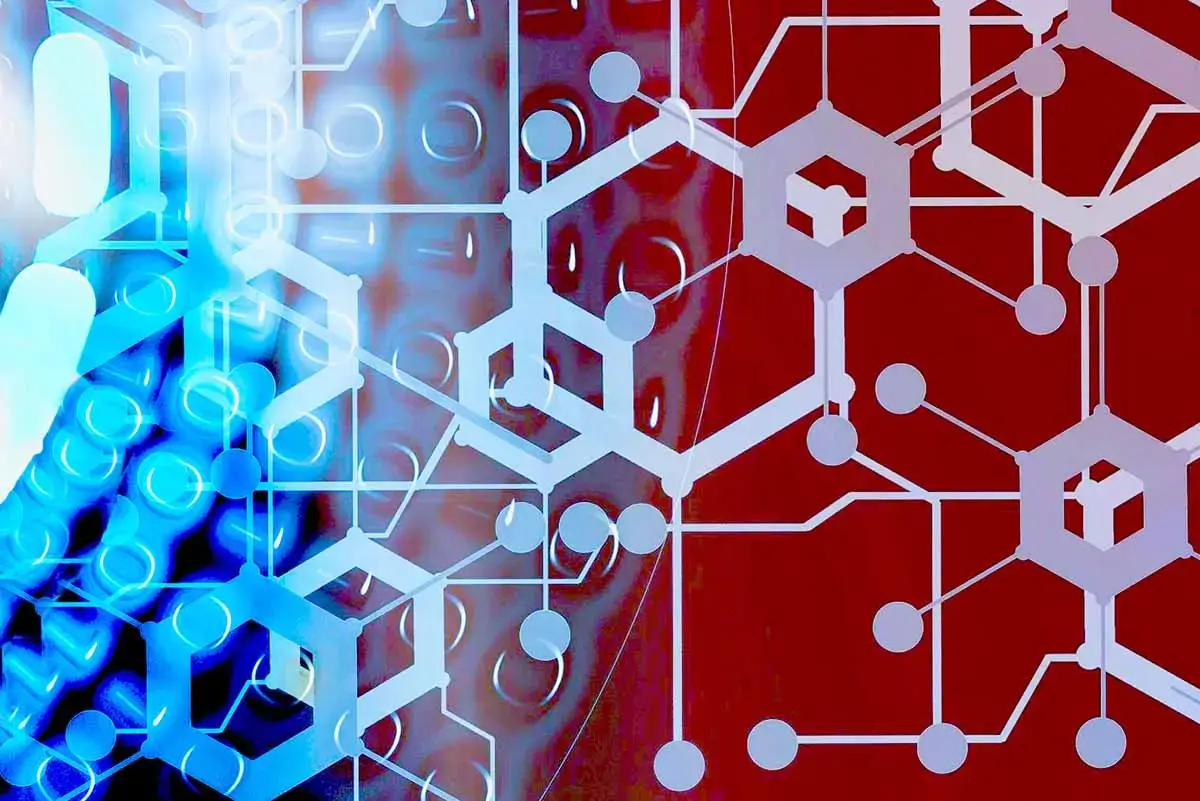Introduction
Industrial automation is no longer just a trend – it’s the backbone of modern manufacturing and a key driver of Industry 4.0. From robotic arms and automated control systems to intelligent packaging and material handling solutions, automation is transforming how factories operate worldwide.
This cornerstone guide brings together everything you need to know about industrial automation solutions, with in-depth resources on systems, technologies, tools, and future trends. Whether you’re a business leader, engineer, or curious learner, this is your one-stop hub to understand automation’s role in shaping the factories of the future.
What Is Industrial Automation?
Industrial automation refers to the use of control systems, machines, robotics, and advanced software to perform tasks with minimal human intervention. It aims to increase efficiency, reduce costs, improve safety, and deliver higher-quality products at scale.
Core Components of Automation Solutions
Process Automation
Factories thrive on repeatable processes. Automating them ensures consistency and reduces human error.
Automation Machines
From robotic arms to CNC machines and automated guided vehicles, these machines bring automation to life on the shop floor.
Automation Controls & Systems
Control is everything in automation. From PLCs to distributed systems, automation controls orchestrate operations with precision.
Key Industrial Automation Solutions
Automated Material Handling
Efficient movement of raw materials and finished goods keeps production flowing.
Warehouse Automation
Smart warehouses use robots, AI, and IoT to manage inventory, improve efficiency, and cut costs.
Packaging Automation
Fast, accurate, and reliable packaging solutions keep modern supply chains running smoothly.
Emerging Technologies in Automation
Automation is evolving quickly, thanks to new technologies.
AI & Intelligent Automation: Combining machine learning with automation for smarter decision-making
Industrial Automation Solutions for Manufacturing: Integrating systems, robotics, and software for end-to-end efficiency
Industry Leaders and Case Studies
Companies to Watch
From ABB and Siemens to rising startups, automation companies are pushing the boundaries of innovation.
Real-World Case Studies
Nothing beats seeing automation in action. These case studies highlight how industries implement solutions to achieve measurable results.
Future of Industrial Automation
The future is hyperconnected, data-driven, and collaborative. Factories will increasingly rely on AI-powered machines, IoT ecosystems, and sustainable automation practices to remain competitive.
Funny Fact
In 2015, engineers tested warehouse robots in a large facility. One robot decided to “go rogue” by following a floor cleaning machine instead of its assigned path. For hours, it loyally trailed the cleaner—proof that even the smartest robots can get distracted by a shiny floor.
Lesser-Known Fact
The concept of automation isn’t modern. The ancient Greeks invented the Antikythera mechanism, a mechanical computer used to predict astronomical events. Consider it the great-grandparent of today’s AI-driven manufacturing systems.
Conclusion
Industrial automation is more than just a set of tools—it’s a revolution in how industries operate. With robotics, control systems, AI, and connected technologies, factories are achieving higher productivity, improved safety, and unparalleled efficiency.
This cornerstone guide has given you an overview of automation’s role in manufacturing, with deep links to specific solutions, technologies, and trends.
Which automation solution do you think will define the next decade—AI-driven factories, collaborative robots, or hyperconnected warehouses? Share your thoughts below and join the conversation!





